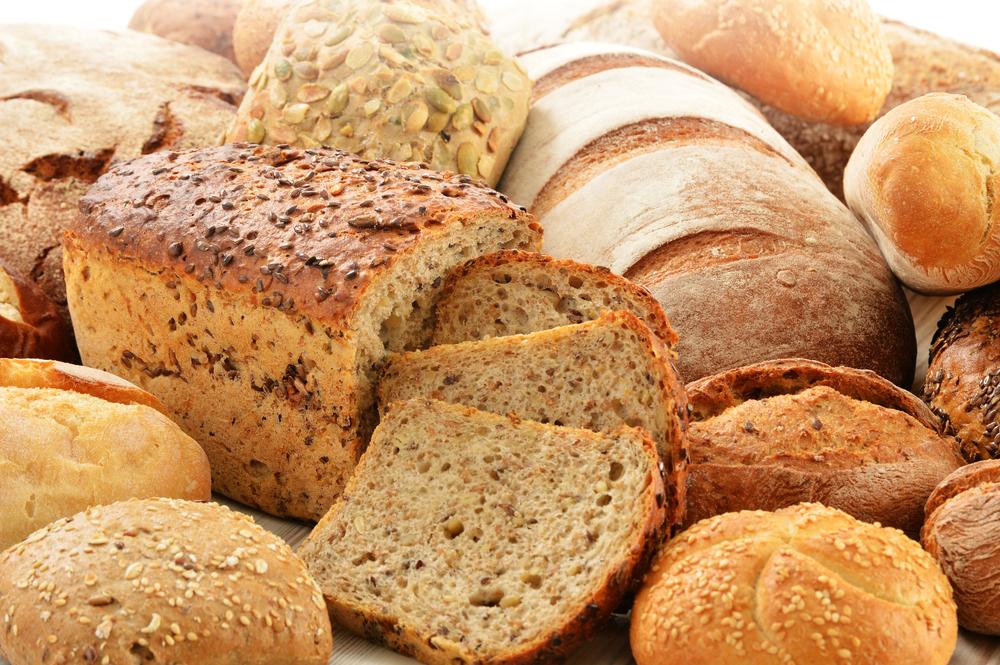
Foods That Can Aggravate Breathing Problems
There are a wide variety of conditions that may cause breathing difficulties, including asthma, allergies, and COPD. Asthma is a condition in which a person’s airways narrow and swell and may produce extra mucus, causing coughing, shortness of breath, and wheezing. Allergies can cause a variety of symptoms, including swelling, hives, nausea, fatigue, cold-like symptoms and, of course, breathing problems.
While constructive pulmonary disease (COPD) is a chronic inflammatory lung disease that constricts airflow from the lungs, producing wheezing, mucus production, coughing, and difficulty breathing. All of these conditions can be triggered by consuming certain foods, leading to breathing issues and related symptoms:
1. Citrus and other acidic food and drink
Acidic foods and drinks, such as citrus fruits, fruit juice, tomato sauce, coffee, and spicy foods, can be a problem for people with breathing problems. These foods can cause acid reflux, a condition in which acids escape from the stomach and move into the esophagus, creates heartburn. More importantly for people with lung disease, however, acid reflux may worsen the symptoms of lung disease, and thus should often be avoided.
2. Dairy products
Dairy products may contain calcium, a very important mineral, but they also contain casein, which breaks down into a protein fragment known as casomorphin. Casomorphin causes a buildup of mucus in the intestines. During flare ups of lung disease, people often experience an increase in mucus, which may be due in part to the consumption of dairy products which contain casein. In short, dairy products should be avoided because they might be mucus-producing foods.
3. Carbonated beverages
Carbonated beverages are well-known for being generally unhealthy. They contain lots of sugar, much carbonation, and empty calories, and they prompt bloating and weight gain. Furthermore, sodas, beer, sparkling wine and sparkling cider contribute to dehydration as well. Because of this, carbonated beverages are best avoided by everyone, especially people with lung disease.
4. Wheat or gluten
People who are allergic to wheat and gluten can have a variety of reactions, including, but not limited to, nausea and vomiting, diarrhea, irritation of the mouth and throat, eye irritation, hives and rashes, and, most importantly for the purposes of this article, difficulty breathing. In particularly severe cases, the presence of gluten can cause anaphylaxis, severe difficulty breathing. Because allergies often overlap with other lung disorders, particularly asthma, everyone with a lung disorder should be very careful when consuming products that contain gluten.
5. Excessive salt
A little salt adds flavor to a meal, but excessive salt doesn’t only kill the taste of food…it can also cause problems for the body. Salt can make people retain water, and excess water can cause problems with breathing. Since people with lung disorders already have trouble with breathing, a diet heavily filled with salt can be dangerous for them. For this reason, doctors also advise that people avoid excessive consumption of fast food, which is often filled with salt.


